Cortisol, also known as the “stress hormone,” often gets a bad rap, but cortisol is critical for your body's ability to adapt to stress, and without it you won’t be able to go on with your day-to-day life. However, chronically elevated cortisol levels can have negative effects, from reducing the body's ability to produce certain hormones to impaired immune function, and even accelerating aging. That’s why it’s critical to keep stress levels in check.
In this article, we'll dive into the relationship between cortisol and food, and explore 13 nutrient-dense foods that reduce cortisol and can help you stay calm and healthy.
What Is Cortisol?
Cortisol is a glucocorticoid hormone produced by the adrenal glands in response to a wide range of physiological and psychological stimuli, including fear, pain, and lack of food. Alongside its primary role as a response to anxiety or stress, the stress hormone is responsible for many important functions in the body, including maintaining blood glucose levels, regulating metabolism, and even controlling the immune system. It also plays a critical role in the balance between digestion and absorption of nutrients, and the conversion of food into energy. (Source)
Additionally, cortisol has many other roles in the body, such as increasing the availability of amino acids and glucose and increasing tolerance to pain. The physiology of stress and its relationship to disease is a complex subject, but cortisol plays a key role in the stress response and its downstream effects on the body.
The effects of cortisol vary depending on the amount produced, the duration of its presence, and the location of its actions.
What Are the Effects of Elevated Cortisol?
While low levels of cortisol are needed for proper immune and reproductive function, high levels of the stress hormone can be damaging to your health.
Cortisol typically rises in the morning and then tapers off throughout the day. However, many people are stuck in a pattern of chronically high cortisol levels. Chronically elevated levels of cortisol are associated with a wide range of health consequences, including depression, insomnia, blood sugar imbalances, and elevated blood pressure. Elevated cortisol levels have also been linked to increased visceral fat (the kind that surrounds the vital organs), decreased bone density, and memory impairment. (Source, Source, Source)
What Foods Reduce Cortisol?
Wild Salmon
Salmon is a rich source of omega-3 fatty acids, which are anti-inflammatory, help relax the muscles, and reduce production of cortisol, helping to prevent the development of chronic conditions such as cardiovascular disease and high blood pressure. Wild salmon is generally lower in saturated fats and higher in omega-3s than farmed salmon and is often recommended for this reason. Eating a diet rich in foods like wild-caught salmon, or supplementing with products like fish oil, can help keep your cortisol in check. (Source, Source)

Dark Chocolate
Dark chocolate contains 50% to 90% cocoa solids, compared to milk chocolate, which may contain as little as 10% cocoa solids. Cocoa flavanols, the chemicals in cocoa solids that endow dark chocolate with its health benefits, have been shown to potentially lower blood pressure and increase insulin sensitivity. Additionally, studies have found regular consumption of dark chocolate can improve mood, enhance gut microbiome diversity, and lower cortisol levels and the inflammation that excess cortisol causes. (Source, Source, Source)
Turmeric
Turmeric is a potent anti-inflammatory and pain reliever that has been used for thousands of years in Ayurvedic medicine to treat inflammatory conditions ranging from arthritis to allergies. The active ingredient in turmeric, curcumin, is a phytochemical that has been shown in some studies to reduce cortisol levels, although results have been mixed. The best way to consume turmeric is with piperine, the active compound in black pepper, as it makes the curcumin more bioavailable. (Source, Source)
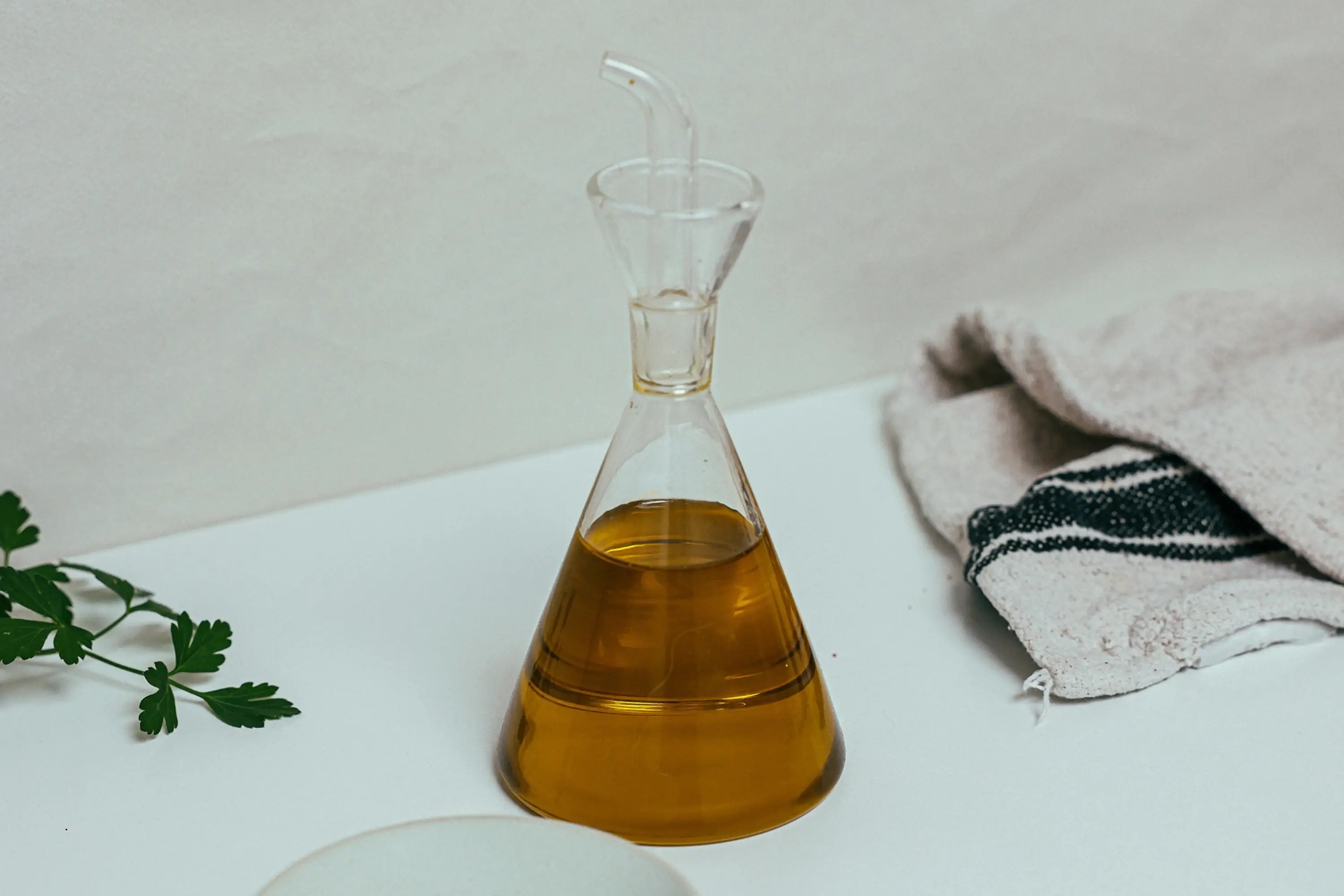
Extra Virgin Olive Oil
Olive oil (especially extra virgin olive oil, which is minimally processed and retains more beneficial polyphenols than other forms) has numerous health benefits, thanks to its strong anti-inflammatory effects. Studies have found that people who regularly consume olive oil tend to live longer and are less likely to succumb to cancer, heart disease, and other life-limiting conditions. Some studies have also shown consuming olive oil reduced participants’ physical response to stressful situations. Research suggests one component of olive oil, oleuropein, lowers blood pressure and is a potent antioxidant that may protect against cancer, diabetes, and Alzheimer’s disease. Even if olive oil isn’t found to work directly on cortisol, preventing serious chronic illness certainly helps reduce stress in the long run. (Source, Source, Source)

.svg)
.png)


.webp)


.png)
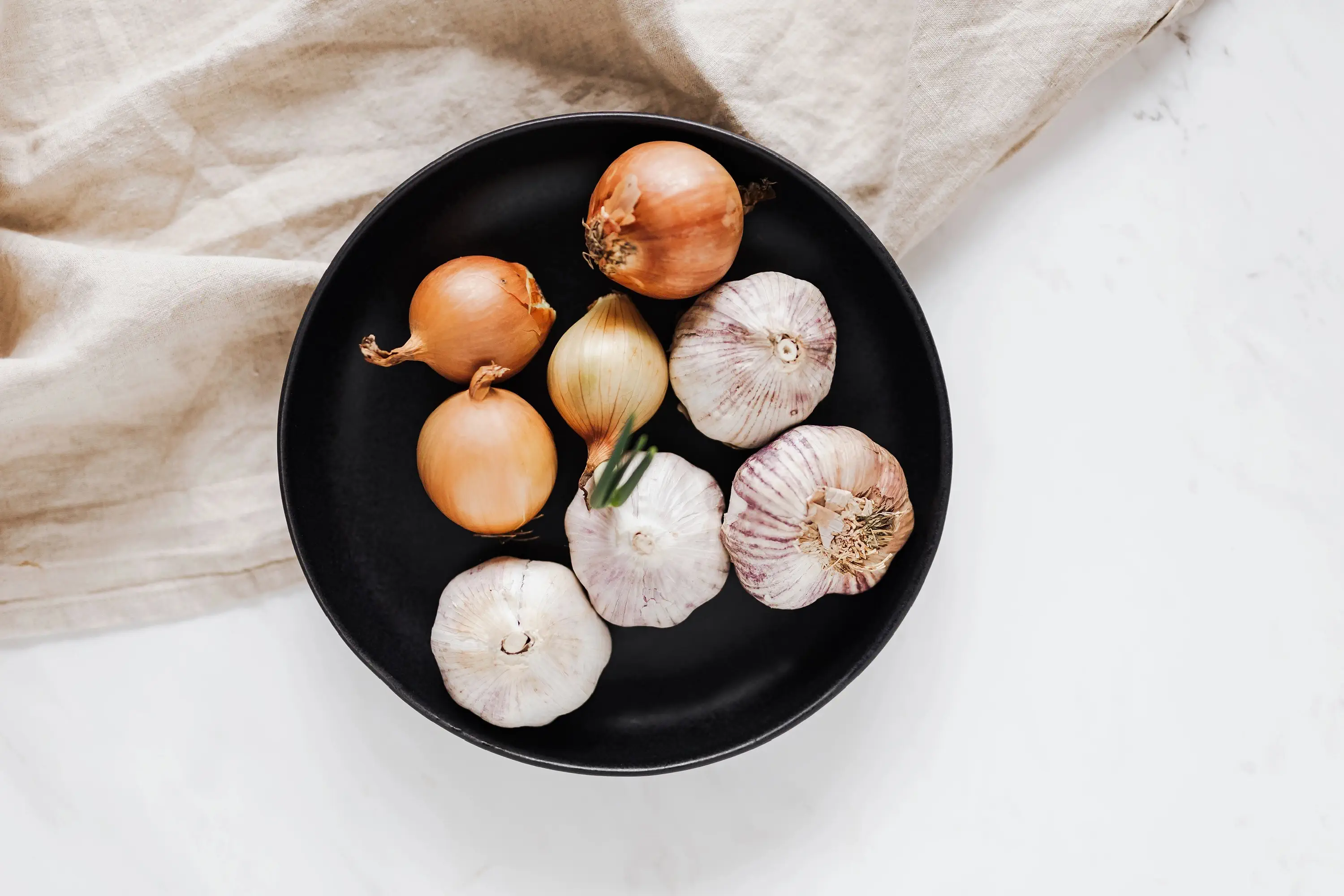


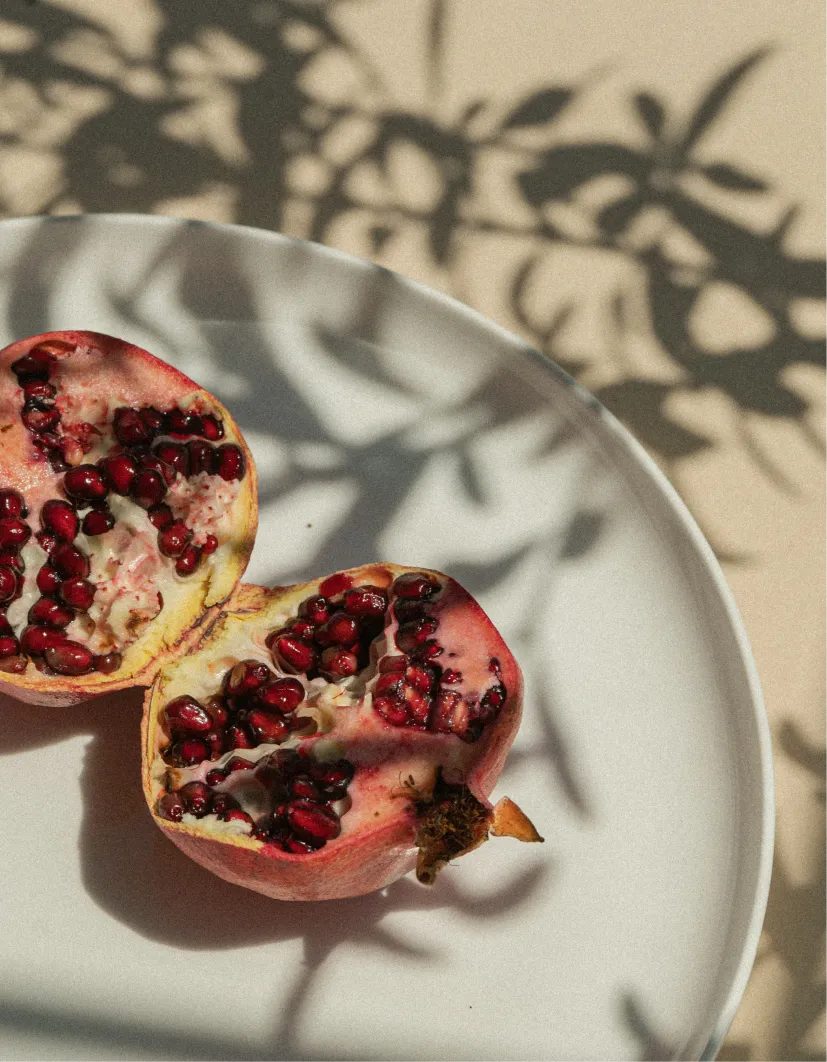



.webp)





.png)

 (1).webp)

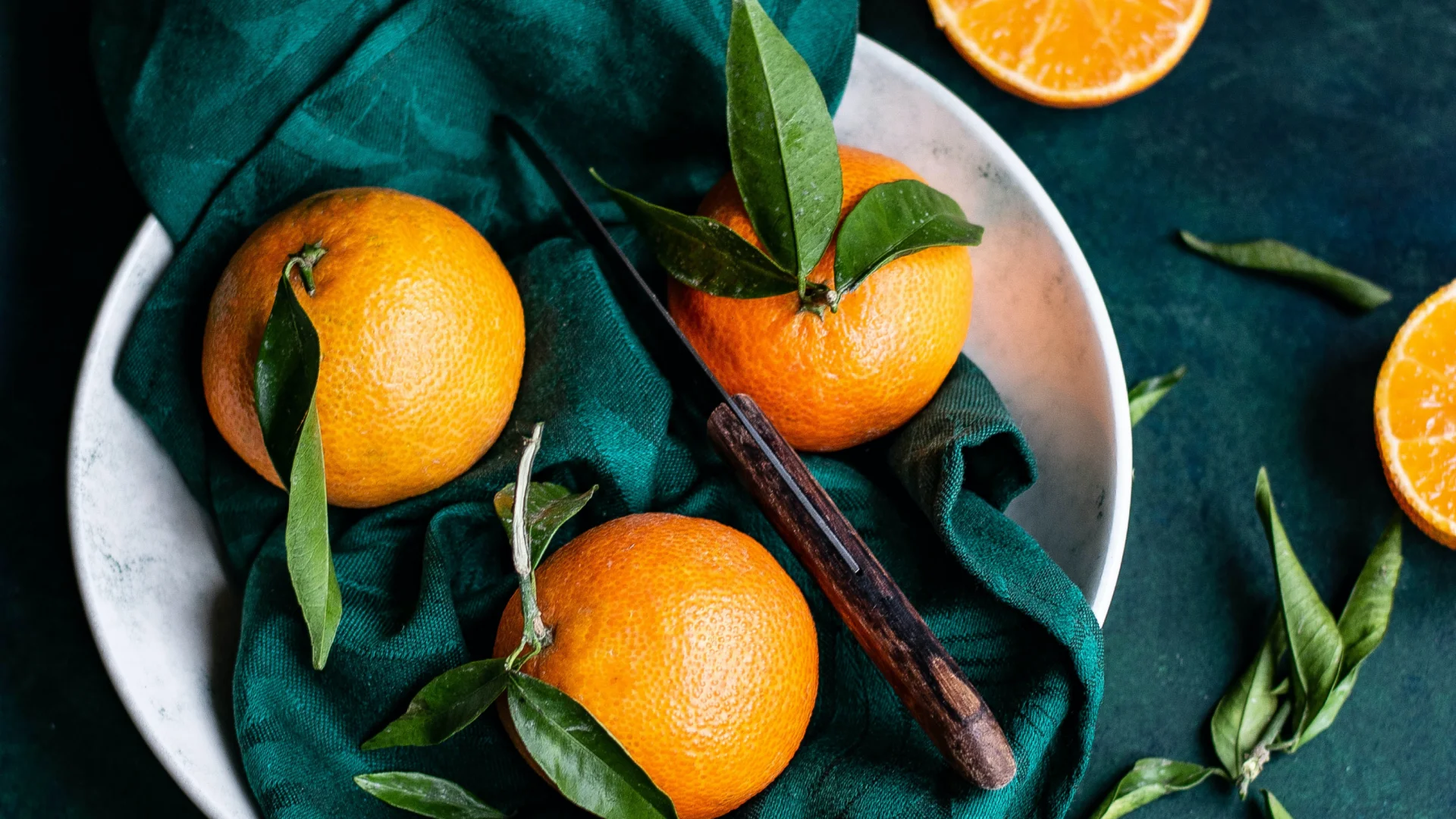






 (1).jpeg)

.webp)
.webp)

.webp)
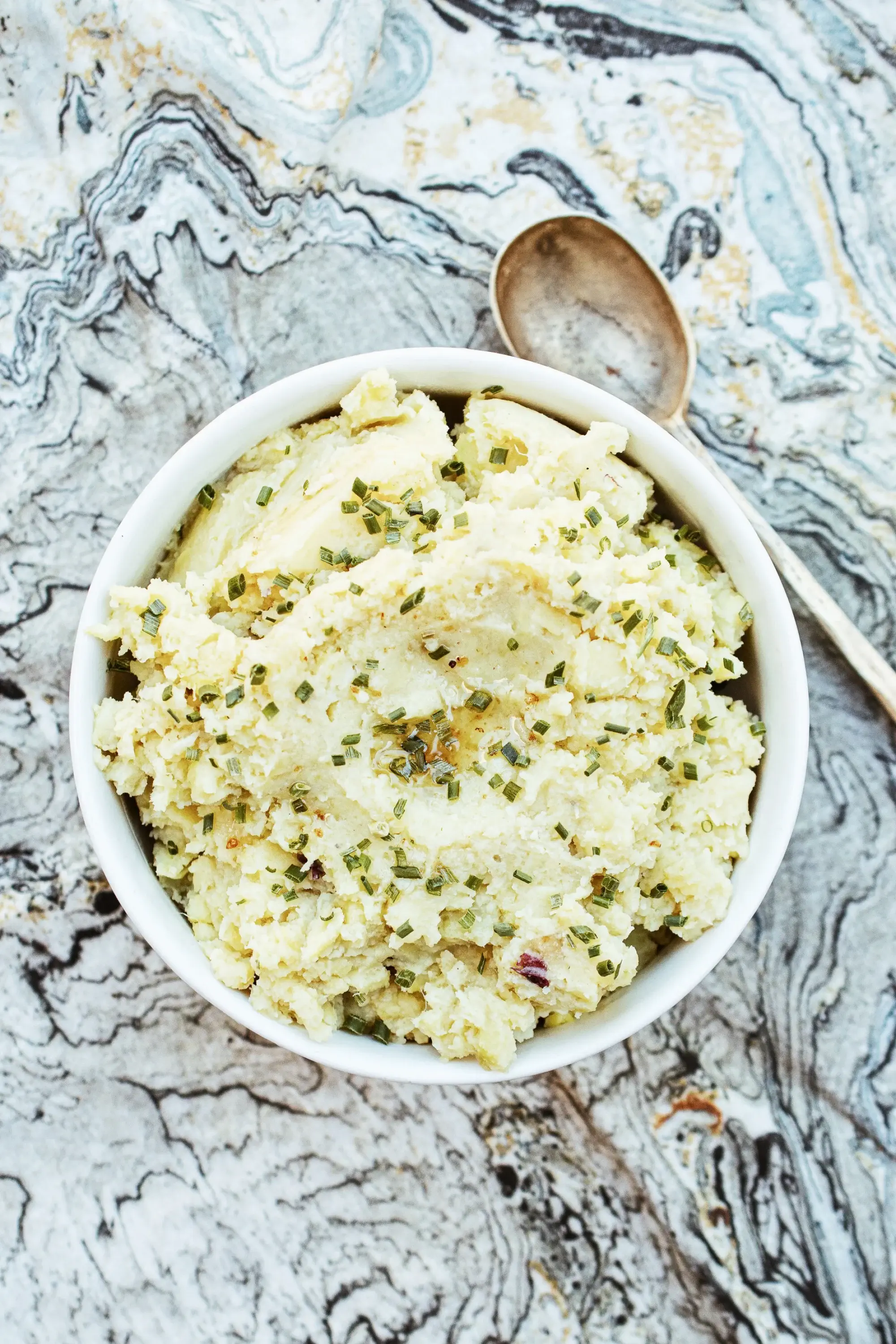
 (2).webp)

%201 (1).webp)

 2 (1).webp)




.svg)
.svg)